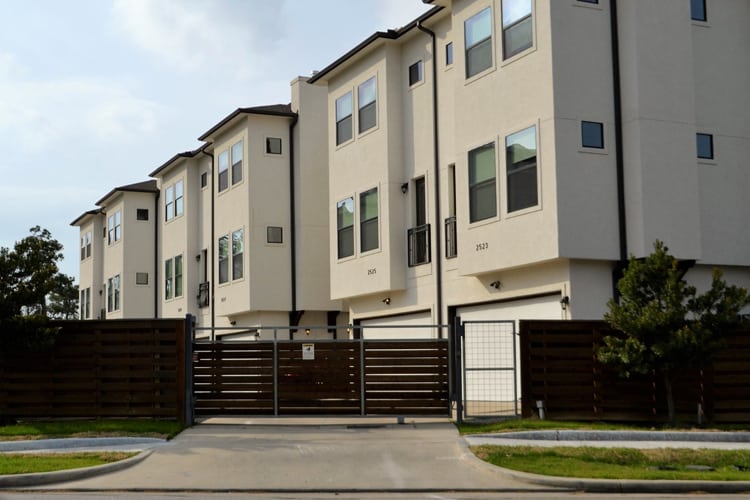One question that has been raised by many investors is which is the better deal between long and short term lets? In actual fact, neither presents more advantages over the other, and your decision between both durations of rental is likely to be swayed due to a number of specific factors. Let’s have a closer look:
Short-Term Lets
A short term let is often outlined as one that lasts no longer than one year, and can run daily, weekly or monthly offering property owners a one of a kind opportunity to secure lucrative investments whilst still remaining flexible.
Short term letting gives landlords increased opportunity to be flexible, as deciding who to have in their property is at their discretion. Presenting a more diverse choice of tenant is perfect for properties in an area where high demand is outstripping supply as one can generally have a plethora of prospective tenants to choose from. Therefore, if the property market begins to show instability or takes an upward turn, shifting tenants is far easier to do with a short term let.
Holiday rental companies like Airbnb have experienced a dramatic rise over the years, leading to a revolution that has widely altered the perception of short term lets. Choosing to stay in a private property has grown in popularity, as having a more personal and comfortable experience has become more desirable over the years. Short term lets has made it easier for companies like Airbnb and owners of properties to earn an extra income during vacant periods as it is more than likely to be filled on a short term let basis than long term.
However, the demand for short lets comes from a far broader spectrum than just people seeking home from home living. For landlords, short lets open up the possibility to command around 30% higher rates than long term rentals. Assuring a potentially high income may seem irresistible, but larger rates are evident for a reason – to compensate for the extra effort and added risk involved in short-term rentals.
Void periods through short lets present an issue for landlords as properties that are unoccupied provide no rental income. Letting short term may maintain flexibility, but a fear of uncertainty may also arise. Jo Eccles, managing director of Sourcing Property states,
“The 30 percent or so premium a short let can command can soon be canceled out by the loss of income during the void periods, so most landlords we see opt for long-term over short-term rentals”.
Short term lettings can be deemed riskier, as there are speculations as to whether occupants view letting for a shorter period of time as an alternative to hotel living. With this in mind, the comings and goings can have a detrimental effect on the wear and tear of the property, as each tenant feels less responsibility as they only lodge there for a limited duration. Managing a short term let is a practice that needs to be crafted, and if you aren’t going to be present on site and self-manage you will need to dedicate time to finding an external manager to oversee rental periods. However, this comes as an added cost, a cost that is predicted to be around double the long term letting fee.
Long-Term Lets
A long-term let typically runs anywhere from a year upwards and is arguably a more hassle-free arrangement that performs in a number of ways.
Tenants are more permanent, meaning long term lets offer landlords a more secure financial investment. As well as presenting a more stable opportunity, residents are more inclined to care for the property, loving it as they would their own home instead of accommodation they have acquired for a brief period of time. The stability is attractive to all landlords, especially those juggling multiple properties at once.
So-called risks of ‘problem tenants’ always come into question, although longer lease agreements are ideal for investors with multiple assets as they require little fuss whilst still producing robust rental yields. The demand for long-term residential contracts are always prevalent, as professionals looking to relocate for work purposes are so common amongst major cities where longer let opportunities are more prevalent. RW Invest, property specialists based in Liverpool state UK property investment continues to be the strongest and most reliable investment market,
“Put simply, people always need somewhere to live. The UK property sector, therefore, continues to flourish and perform well compared with other investment sectors”.
To view a full range of unmissable investment opportunities, click here to find out more: https://www.rw-invest.com/.
There are pros and cons to both short and long-term lettings, but it is personal preference as to which arrangements cater to most of your requirements. Evidently, both options prove fruitful opportunities for investors with encouraging rental yields and unparalleled potential for capital growth in the foreseeable future.




